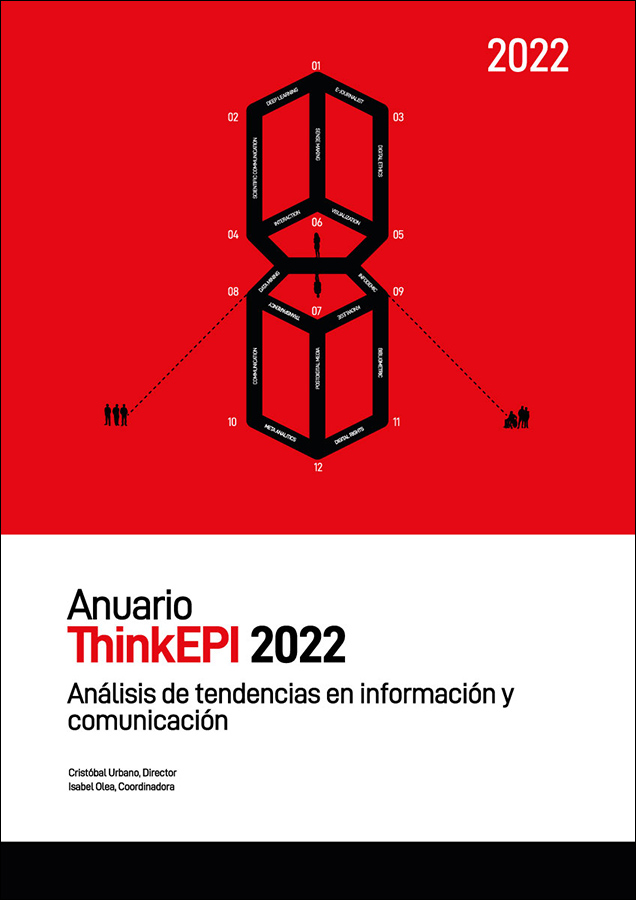Self-plagiarism or text recycling? Some unexpected implications of the digitization of science
DOI:
https://doi.org/10.3145/thinkepi.2022.e16a16Keywords:
Plagiarism, Self plagiarism, Text recycling, Recycled text, Anti-plagiarism software, Originality analysisAbstract
Plagiarism lacks graduation and is not acceptable in any situation, but there are undoubtedly variations in severity. In contrast, so-called self-plagiarism, which really should be called text recycling, can be both ethically and legally acceptable in some situations. It is important to distinguish between these precisely to fight more effectively against plagiarism, on the one hand, and to avoid unfair situations with the use of tools such as originality analysis software on the other. Proposals regarding organizations that deal with the ethics of publications are presented, and a research project focusing on text recycling is also briefly described.
Downloads
References
COPE Council (s.f.). Plagiarism. https://publicationethics.org/category/keywords/plagiarism
BioMed Central (s.f.). Text recycling guidelines. https://publicationethics.org/files/Web_A29298_COPE_Text_Recycling.pdf
Moskovitz, Cary (2021). "Standardizing terminology for text recyclingin research writing". Learned publishing, v. 34, n. 3. https://doi.org/10.1002/leap.1372
Weber-Wulff, Debora (2019). "Plagiarism detectors are a crutch, and a problem". Nature, n. 567, 435. https://doi.org/10.1038/d41586-019-00893-5
Text Recycling Research Project (s.f.). https://textrecycling.org/
Downloads
Published
How to Cite
Dimensions


